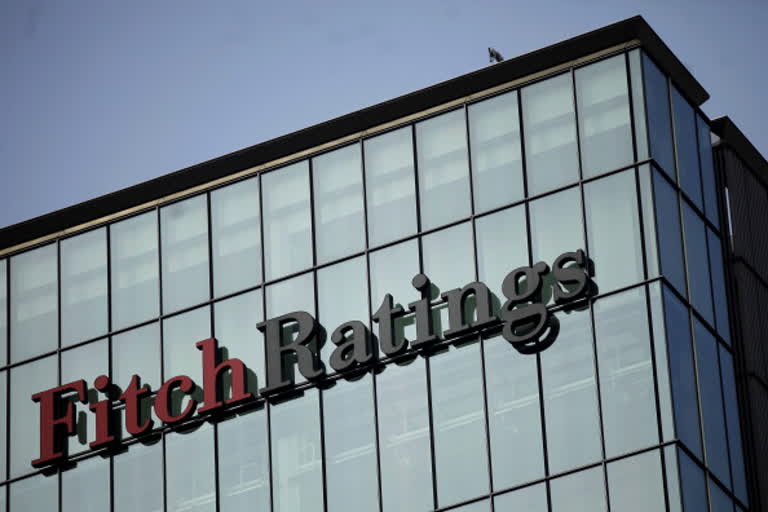New Delhi: The Reserve Bank of India (RBI) is expected to cut interest rates by 40 basis points before the end of the current financial year as monetary easing till now appears to be insufficient in boosting economic growth, Fitch Solutions said on Friday.
RBI on August 7, had cut benchmark repurchase and reverse repurchase rates by an unconventional 35 bps, slightly higher than market expectations of a 25 bps cut.
"Given that the extent of monetary easing in 2019 year-to-date still appears to be insufficient in lifting economic activity, we at Fitch Solutions now expect the RBI to cut its policy interest rates by a further 40bps by end-March 2020," it said in an outlook for Indian interest rates.
RBI has cut interest rates four times this year but the transmission of the same by banks to borrowers has lagged. In all, the central bank has cut interest rates by 110 bps this year.
But this has not yet led to a boost in economic activity. While the growth rate has slowed to a five-year low, consumer confidence is waning and foreign direct investment has plateaued. The auto sector is also facing its worst crisis in two decades and reports suggest thousands of job losses in the automobile and ancillary industry.
Read More: Weak investment, slow GST collection big challenges for Indian economy: Goldman Sachs
In the real estate sector, the number of unsold homes has increased while fast-moving consumer goods (FMCG) companies have reported a decline in volume growth in the first quarter. Moreover, lending to the job-creating MSME sector has slipped.
"A poor monetary policy transmission mechanism in India could necessitate steeper interest rate cuts than we currently expect," Fitch said.
It forecasts real GDP growth in the current 2019-20 at 6.8 per cent, slightly below the RBI's downwardly revised 6.9 per cent projection for the fiscal year.
"A rebound in private consumption and investment following the RBI's monetary easing inform our view for growth to pick up over the coming quarters" from the 5.8 per cent in January-March, it said. "Additionally, favourable base effects will also support FY2019/20 growth."
However, India's growth rebound would be capped due to a deteriorating external outlook as well as borrowing constraints due to the collapse of several large non-bank financial companies (NBFCs), which would limit prospects for consumption growth, it said.



